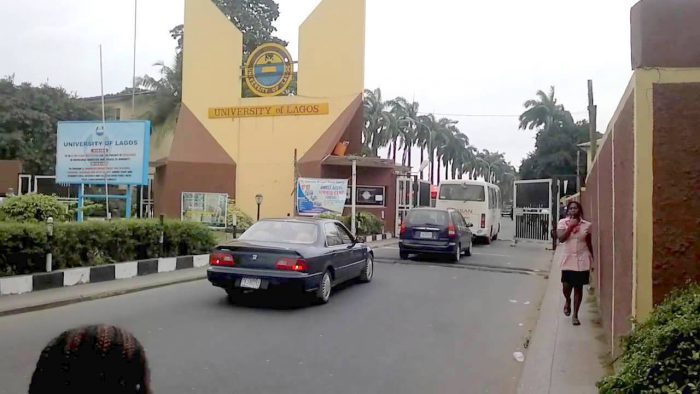Experts on population and urbanisation will from Tuesday, July 24, 2018 converge on Lagos to proffer solutions to Africa’s challenges to urbanisation, at the 2018 International Conference on Africa Smart City Agenda.

The Chairman of the Local Organising Committee of the conference, Prof. Leke Oduwaye, made this known at a press conference on Friday, July 20 in Lagos.
He said that Prof. Banji Oyeyinka, a former Chief Scientific Advisor, the UN-Habitat in Nairobi, and German Consul, Lagos, Mr Herbert Igno, would lead in the discussions at the two-day conference.
Oduwaye said that the event scheduled to hold at the University of Lagos, was being organised by the Faculty of Environmental Sciences of the institution with the theme “Conceptualising, Creating and Co-Producing’’.
According to Oduwaye, Oyeyinka would speak on “African’s Smart City Agenda: Repositioning Africa through Technology and Urban Innovation”, while Igno would discuss “A Smart City for the People: What Do Cities Really Need and What Makes Them Smart?’’
The conference committee chairman said that Africa was the least urbanised region of the world at the moment, with only about 40 per cent of its people in urban settlements.
Oduwaye, however, said that Africa was the continent with the fastest rate of urbanisation and the last frontier of development.
According to him, in the next few decades, the population of the Africa is expected to grow to 2.4 billion, with most of the population increase expected to occur in the cities.
“As cities are increasing both in size and population, the pressure to address the challenges are becoming more daunting.
“These challenges include inefficiency and inadequacy, as manifested in urban sprawl, high incidence of informality, social inclusion, slum and poverty, lack of basic services and infrastructure, dysfunctional land and housing delivery, population and environmental degradation, among others.
“A major gaining prominence in the global urban development discourse is the application of smart city initiative, which aims at leveraging on Information and Communication Technology (ICT) solutions to enhance efficacy and productivity of cities.
“Normatively, a smart city is a city that balances investments in human and social capital, traditional (transport) and modern ICT infrastructure as well as effective management of natural resources through participatory action and engagement,’’ he said.
He noted that most researches on smart city concept largely focused on developed and emerging countries.
According to him, not much has been done to explore contributions of the built- environment application of the smart city concept in Africa although it is gaining prominence in the development agenda of many cities in Africa.
He said that Lagos, Abuja, Accra, Nairobi, Kigali, Cairo and Johannesburg were examples of such cities.
He gave the assurance that the conference would seek to unravel critical questions including if smart city agenda was part of the solutions or part of the problems of African urban development in the context of the current socio-economic realities.
“It will also seek to know, based on the challenges and opportunities, how African Smart City Agenda should be conceptualised, designed, created, financed, implemented and managed,’’ he said.
In his remarks, the Dean of the Faculty, Prof. Mike Adebamowo, hoped that the conference would rekindle interest of key stakeholders in partnering with the institution in research that would further provide solutions to environmental challenges.
By Chinyere Nwachukwu
